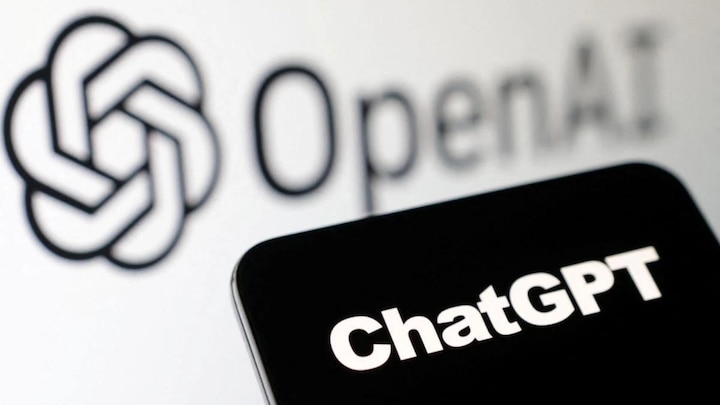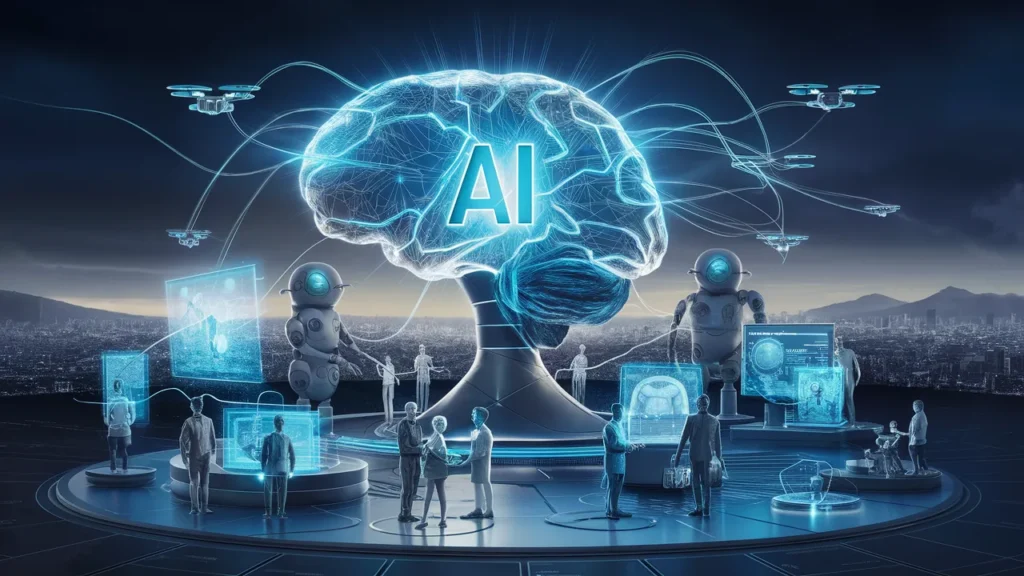The tech world is buzzing with concern and speculation as reports emerge that OpenAI is shutting down for a week an unprecedented move that reflects deeper troubles brewing within the walls of one of Silicon Valley’s most influential AI companies. While the official reason remains undisclosed insiders point to a storm of anxiety gripping OpenAI’s leadership as Meta aggressively poaches its top talent, leaving OpenAI grappling with internal unrest and growing external pressure.
The Hidden Struggles Behind OpenAI Shutting Down for a Week
The news that OpenAI is shutting down for a week is sending shockwaves through the AI community. According to sources who spoke to Wired, the leadership at OpenAI is scrambling to hold the organization together as key researchers abandon ship. The mass exodus has reportedly left a void that threatens the company’s ambitious mission of developing safe, beneficial artificial intelligence.
For years!!! OpenAI has stood at the forefront of AI research, building models that have reshaped industries and sparked global conversations. But success comes at a cost. Employees at OpenAI often work up to 80 hours a week, driven by a passion for innovation but also burdened by burnout and increasing uncertainty. The pressure cooker environment, coupled with Meta’s aggressive recruitment efforts, has created the perfect storm that may have triggered this temporary shutdown.
Meta’s Recruiting Blitz: A Strategic Move or a Catalyst for Collapse?
The timing of OpenAI shutting down for a week couldn’t be more telling. Over the past few weeks, Meta under the leadership of Mark Zuckerberg, has hired at least eight top tier researchers from OpenAI. These hires are part of Meta’s newly launched “superintelligence” team an initiative aimed at positioning Meta as a global AI powerhouse.
The Wall Street Journal described Meta’s recruitment as a “coup” underscoring the scale and audacity of Zuckerberg’s latest play in the AI race. But while Meta celebrates, OpenAI’s internal channels paint a more somber picture. In a leaked memo shared on an OpenAI Slack channel, chief research officer Mark Chen expressed raw emotions over the situation.
“I feel a visceral feeling right now as if someone has broken into our home and stolen something,” Chen wrote, a sentiment that resonates with many within the organization. His words reflect not just the loss of talent, but a deeper sense of betrayal and vulnerability that has shaken OpenAI to its core.

Leadership in Turmoil: The Fallout from Meta’s Poaching
The leadership at OpenAI, including CEO Sam Altman, is reportedly working “around the clock” to stem the bleeding. But even with their best efforts, the damage is evident. With top researchers leaving and morale plummeting, OpenAI faces an uphill battle to stabilize its workforce and safeguard its future.
This temporary shutdown though being described by some as a “cooling off period” raises significant questions about OpenAI’s internal stability and strategic direction. Is this merely a pause for reflection and recovery, or a signal of deeper fractures within one of the world’s most influential AI organizations?
The OpenAI shutting down for a week narrative is more than just a tech industry headline; it’s a reflection of the human complexities that fuel innovation. Burnout, loyalty, ambition, and competition all these forces are colliding within the AI sector, with OpenAI now caught in the crossfire.
The AI Talent War: What’s at Stake for OpenAI and the Industry
The AI talent war isn’t new, but the recent developments have escalated it to unprecedented levels. Meta’s “superintelligence” ambitions, coupled with OpenAI’s internal struggles point to a larger battle over the future of AI. At stake are not just top minds in the field, but the direction, ethics, and safety of AI development itself.
If OpenAI, long seen as a standard bearer for responsible AI, falters, it could reshape the global AI landscape. Meta’s aggressive approach may accelerate AI breakthroughs, but it also raises concerns about governance, safety, and transparency.
In this context, the OpenAI shutting down for a week move could be interpreted as both a defensive retreat and a strategic pause. It gives leadership time to regroup, reassess, and potentially realign their approach to employee retention, organizational culture, and competitive strategy.

What This Means for the Future of AI
The temporary shutdown at OpenAI highlights a critical moment for the tech industry. It serves as a reminder that even the most advanced organizations are vulnerable to internal crises, especially when external competitors like Meta exploit those weaknesses.
For OpenAI, the path forward won’t be easy. Rebuilding trust, boosting morale, and retaining remaining talent will require more than temporary measures. It demands authentic leadership, transparent communication, and perhaps a reevaluation of the work culture that has driven employees to exhaustion.
Meanwhile, industry observers and the public alike will be watching closely. The AI race is not just about technical milestones it’s about people, values, and the delicate balance between competition and collaboration.
A Wake Up Call for Silicon Valley
The news of OpenAI shutting down for a week is not merely a temporary hiccup it’s a wake up call for Silicon Valley. It reveals the human cost of relentless innovation, the vulnerabilities within even the most successful organizations, and the intense pressure of staying ahead in a hyper competitive industry.
As OpenAI regroups Meta continues its bold recruitment, and the AI landscape shifts beneath our feet, one thing is clear the future of AI won’t be determined by algorithms alone it will be shaped by the people, politics, and choices behind the scenes.
